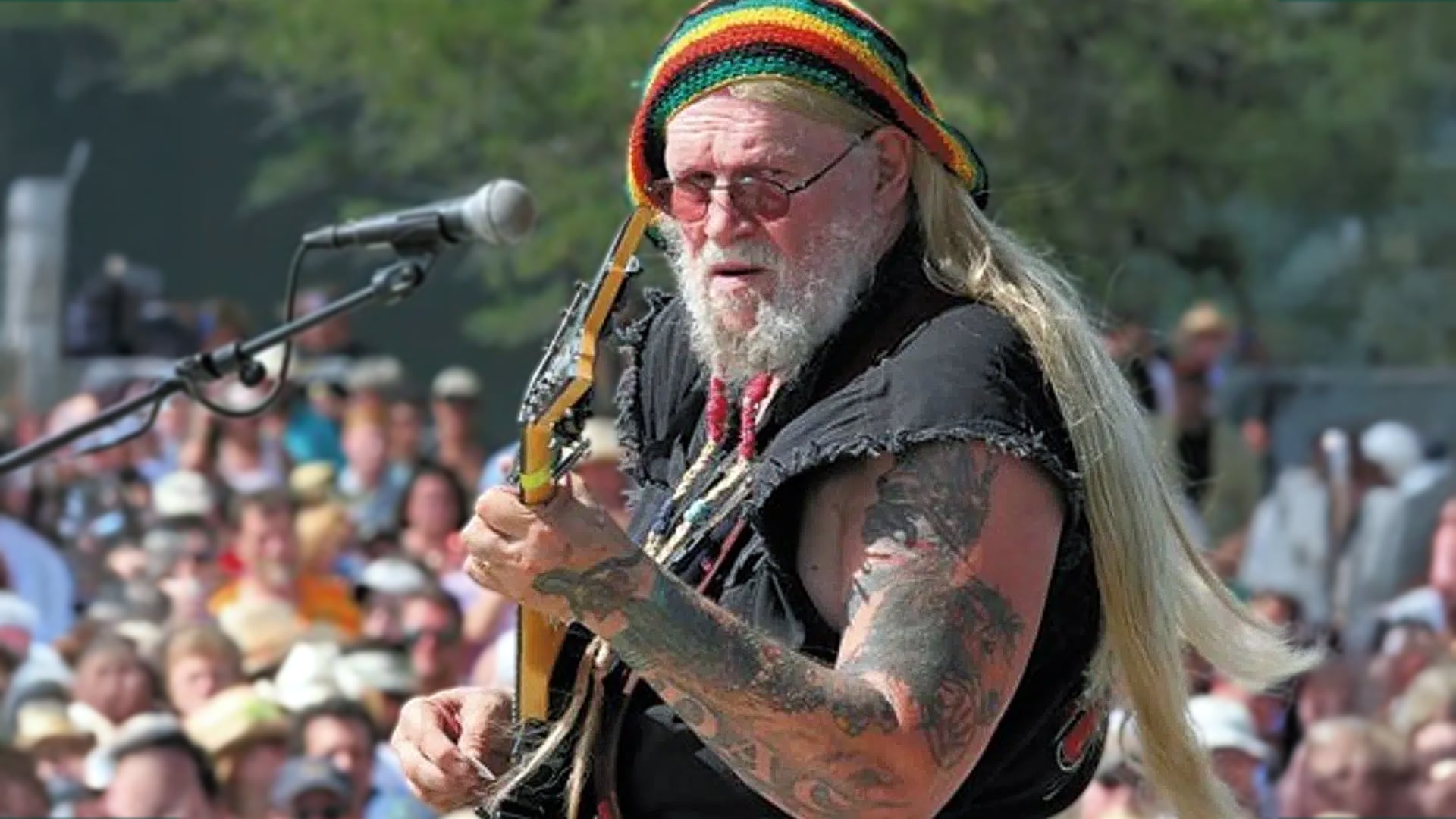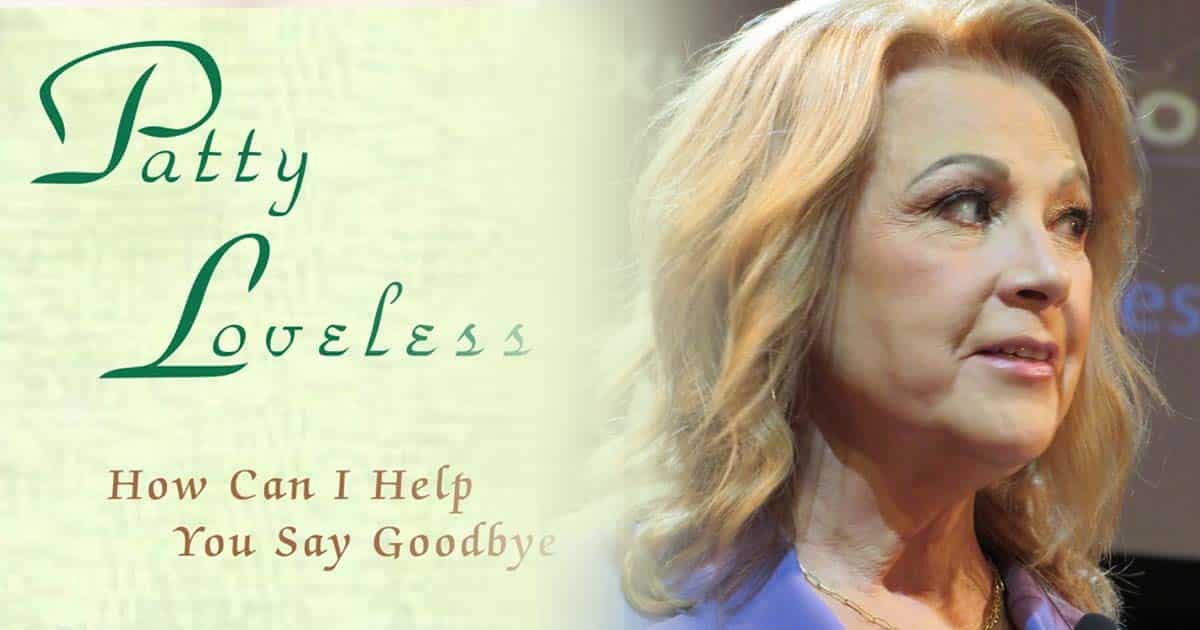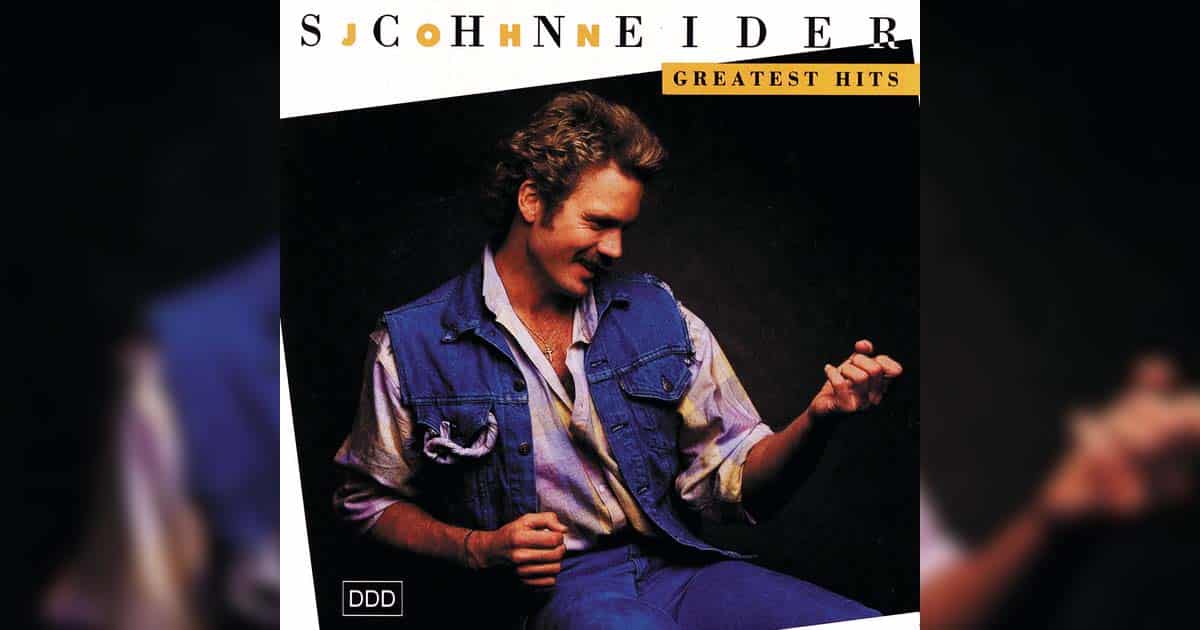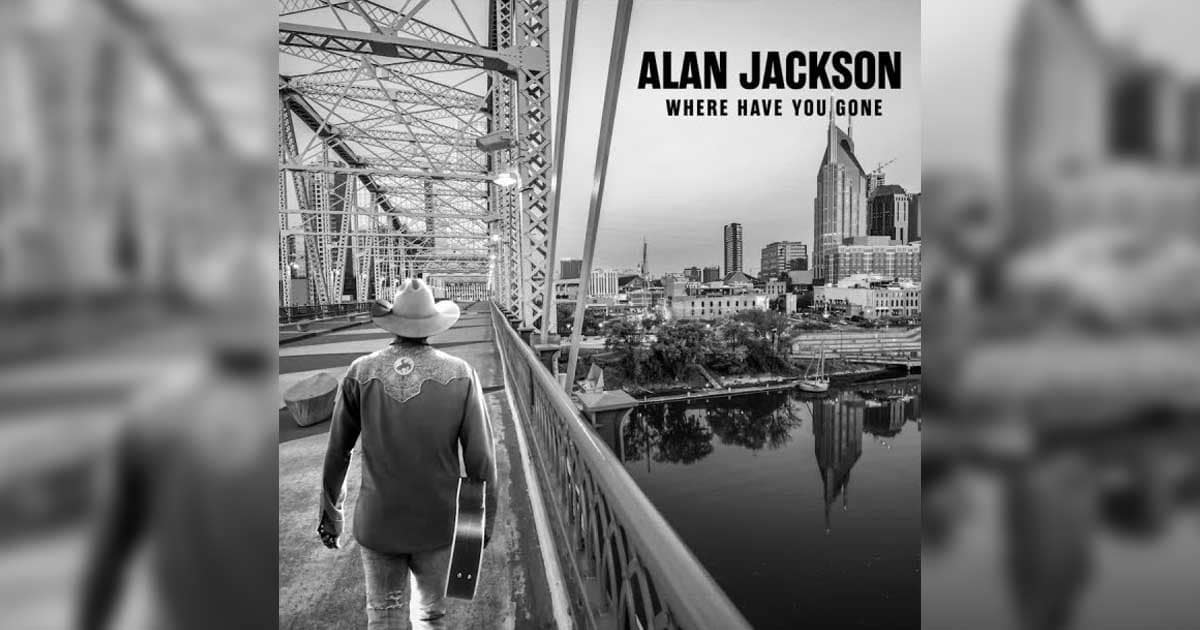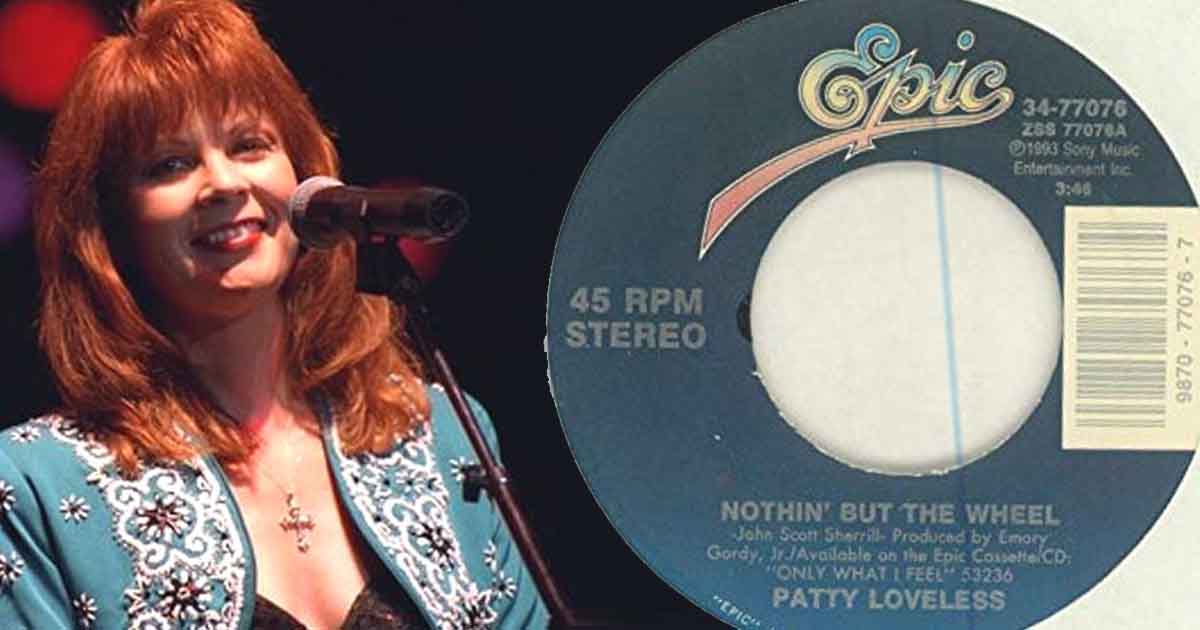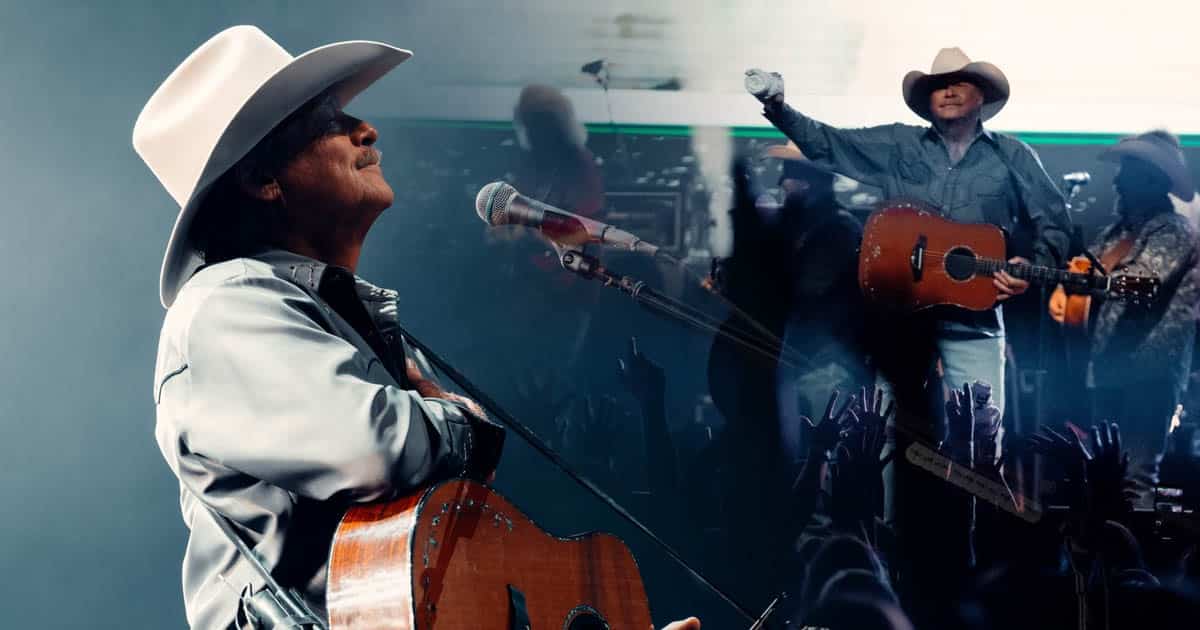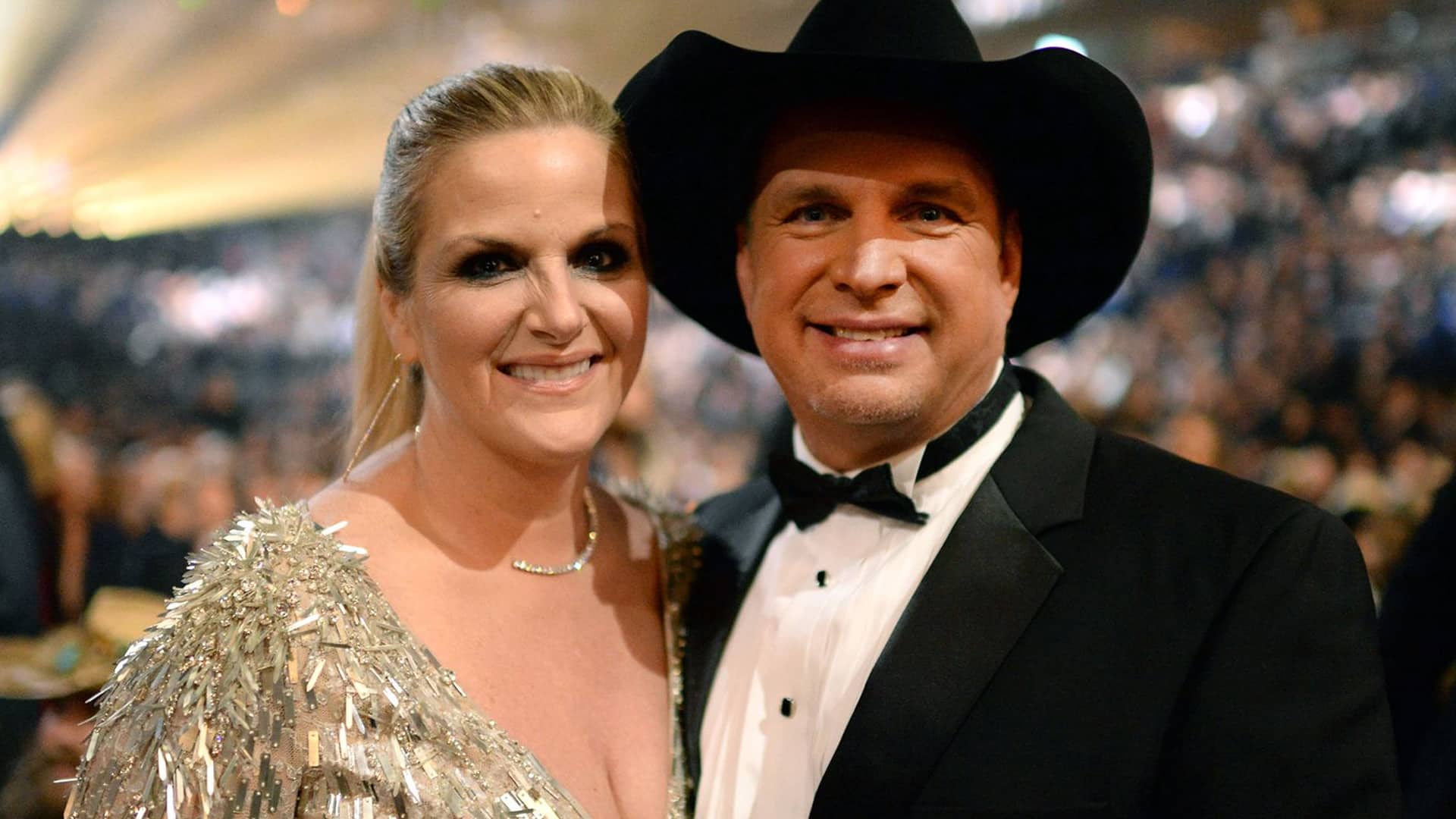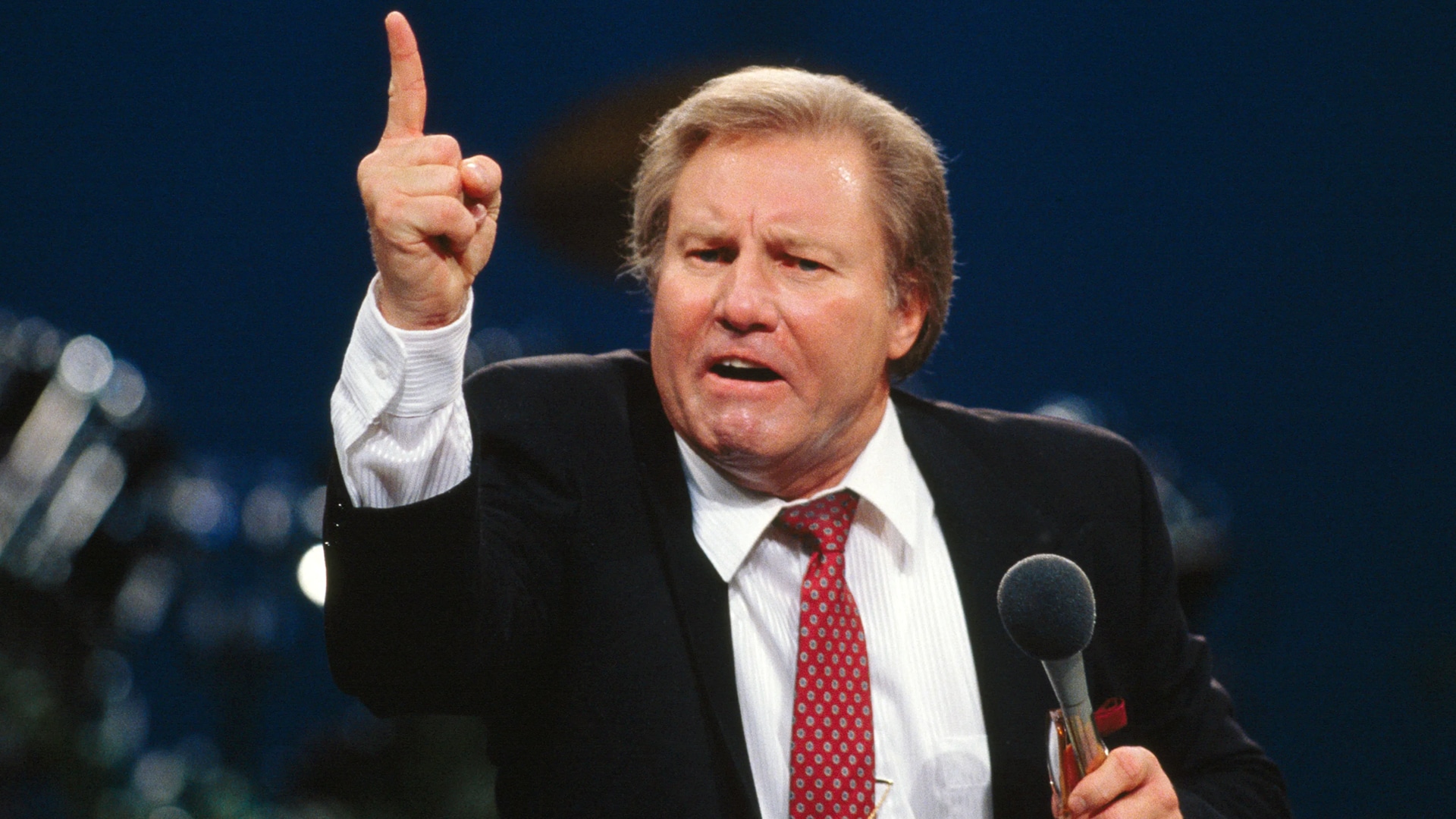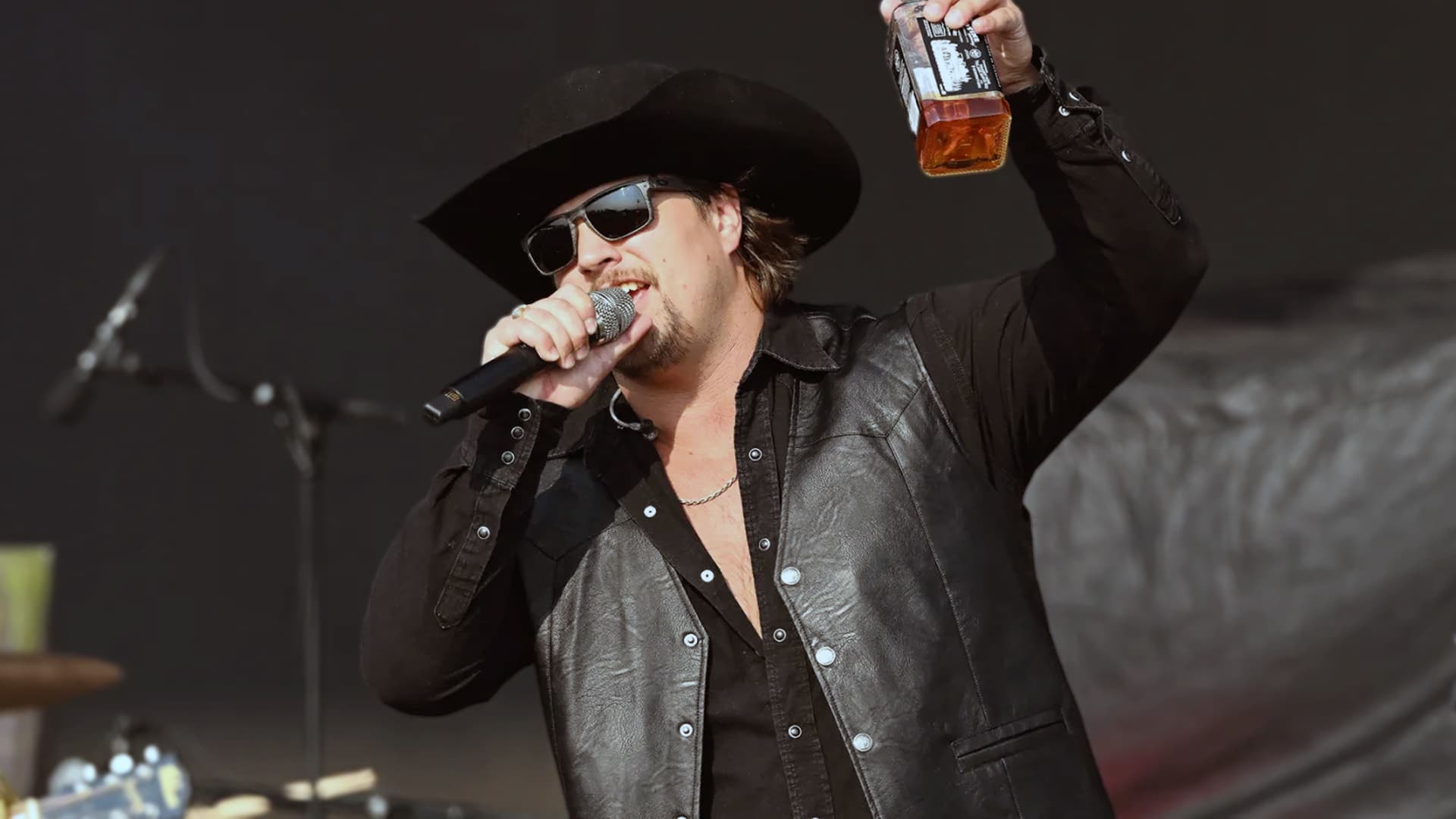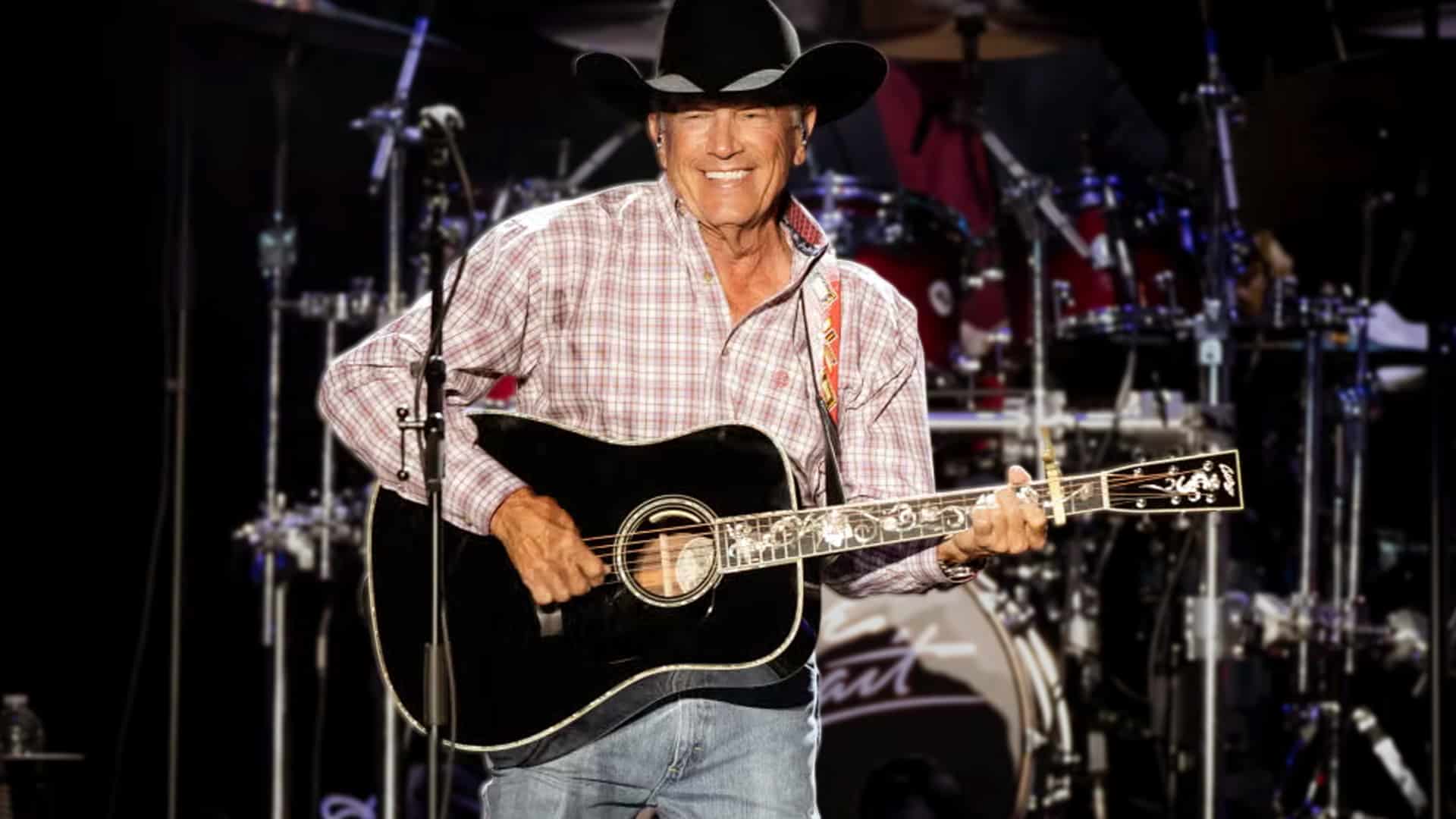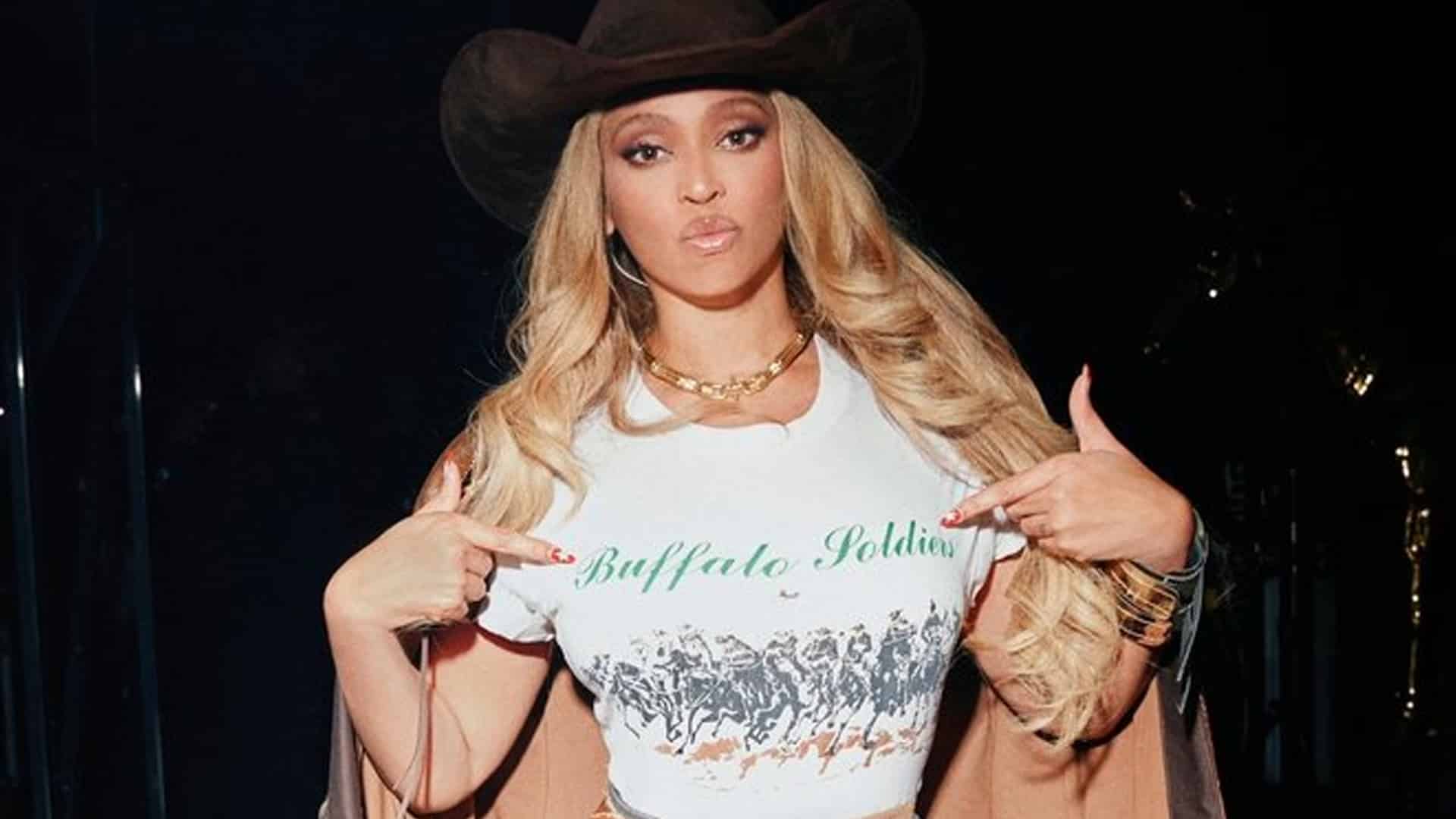At 85, David Allan Coe isn’t playing sold-out honky-tonks anymore. His knees are shot. His voice is worn. His catalog? Mostly gone. But don’t mistake his silence for surrender. The man who gave outlaw country some of its most unforgettable and unplayable songs is still out there, if not in the spotlight, then somewhere in its smoke.
He was never Nashville’s favorite. He never tried to be. And that hasn’t changed, even now.
The Price of Being Untamed
In his prime, David Allan Coe was a fire that couldn’t be put out: a former inmate turned songwriting force, living out of a hearse and claiming to have spent time on death row. Whether those stories were true or not was beside the point—Coe performed his life like a song, wild and unfiltered.
But the price of staying that raw for that long eventually came due.
In 2021, at 81 years old, Coe was hospitalized with a severe respiratory illness. He needed oxygen. He was fed through a tube. He survived, barely, but his public appearances vanished. A knee replacement in 2019 had already slowed him down. Now, even his diehard fans admit that the shows have stopped. His official site hasn’t posted new tour dates in years. There are no press runs. There is no new music. It is just the weight of what came before.
And it’s heavy.
In 2016, Coe pled guilty to tax evasion. Owed nearly a million dollars to the IRS. As part of the fallout, he had to sell the rights to every song he’d written before 1984—including “Take This Job and Shove It”—for just $25,000 during bankruptcy. The outlaw had become a cautionary tale.
He lives with his wife, Kimberly Hastings, in Ormond Beach, Florida. The man who once rode his motorcycle onstage at Billy Bob’s now lives so quiet that even his haters have stopped talking.
RELATED: Meet David Allan Coe’s Children: A Tell-Tale of His Infamous Fatherhood
But they shouldn’t. Because Coe’s story isn’t over—it’s just uncomfortable.
“Tennessee Whiskey” and the Song That Slipped Away
The irony is hard to miss: the most famous song associated with Coe is also the one he no longer owns.
In 1981, he recorded the original version of “Tennessee Whiskey,” a slow-burn country ballad written by Dean Dillon and Linda Hargrove. Coe’s take was sparse and vulnerable, soaked in steel guitar and barroom regret. It barely cracked the charts—too raw for country radio. Then George Jones covered it in 1983 and made it a hit. Chris Stapleton revived it in 2015 and turned it into a cultural juggernaut.
Coe’s version? Forgotten by most. Not streamed. Not licensed. Not his.
The song that might have saved his career passed him by, 17 platinum certifications later.
And yet—go to YouTube. Search for it. Read the comments. You’ll see fans who swear by the original, calling it “the only real version.” Because Coe’s performance doesn’t try to impress. It doesn’t build to a big note. It just sits in the sadness and means it.
A Legacy Too Loud to Bury
The thing about David Allan Coe is you can’t talk about him without talking about the bad stuff, too. The racist lyrics. The X-rated albums. The alienation from radio, Nashville, and eventually, much of his own audience.
That’s why he’s rarely mentioned alongside Waylon or Willie anymore. His name doesn’t come up at the CMAs. He’s not inducted into any hall of fame. But ask any country artist who’s really paying attention—and they’ll admit it: Coe helped build the road they’re walking.
He wrote hits for Tanya Tucker and Johnny Paycheck. He gave outlaw country some of its most defiant anthems. And he never backed down, even when it cost him everything.
Now, he’s mostly offline. Mostly forgotten. But his music—the parts he still owns and those he doesn’t—is still out there. Playing on the edges. Whispered about by fans who remember the man who once said, “I’d rather be hated for who I am than loved for who I’m not.”
Say what you want about David Allan Coe. Just don’t say he ever faked it.

